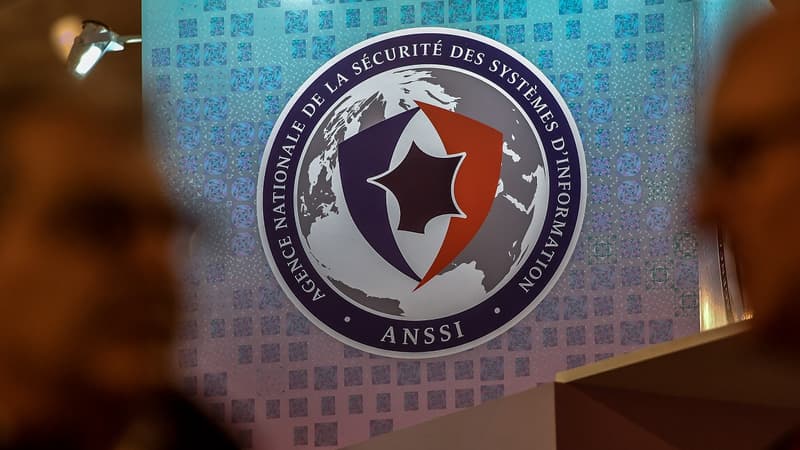The National Assembly adopted, on Thursday, June 1, measures to expand the prerogatives of the National Agency for the Security of Information Systems (Anssi) in the fight against cyberattacks, despite the concerns of the left regarding freedoms public.
Cybersecurity is one aspect of the military programming bill currently under consideration by the Assembly.
In particular, Article 32 allows Anssi, in the event of a threat that may harm national security, to prescribe various incremental measures, such as ordering access providers or hosts to block an Internet domain name (giving access to a website, for example www .mon-site-internet.fr).
A Renaissance group amendment expanded these provisions in committee to “browsers and operating systems” that bridge the gap between a user’s request on their machine and the IP address corresponding to the domain name searched.
The Minister Delegate for Digital, Jean-Noël Barrot, assured that these “administrative measures” would be limited to “obvious attacks on national security”, “coordinated and massive attacks against a certain number of authorities and operators of vital importance”, “events extremely serious, but in extremely limited numbers.”
Rights concerns
The deputies of the LFI and the environmentalists voted against this device that does not go through the legal process. “Little by little, we are reducing the rights,” denounced the rebel Antoine Léaument.
Socialist Mélanie Thomin said she was “in favor of extending Anssi’s powers”, but “within a strict and limited framework”. Her group abstained.
The bill also seeks to force software publishers to inform Anssi in the event of a significant vulnerability affecting one of their products or in the event of a computer incident that compromises the security of their information systems.
Due to its highly debated article 35, the text allows Anssi to collect data on the network of an electronic communications operator, “with the sole purpose of guaranteeing defense and national security, when it becomes aware of a threat likely to affect security of the information”. systems of public authorities”.
The left deputies opposed it in vain. The Socialists lamented the uncertainties about its “reach” and “its effective control by Arcep”, the regulatory authority for electronic communications. And LFI wondered about its “impact on public liberties.”
The left also deplored the suppression in the chamber of a measure introduced in commission, which forced “strategic operators” to “operate the processing of sensitive data” by companies established in the European Union.
Source: BFM TV


